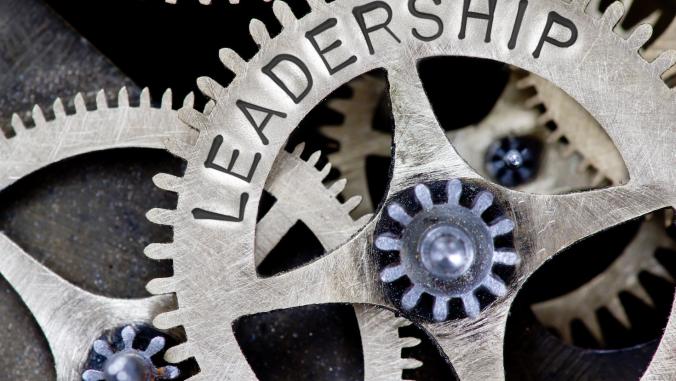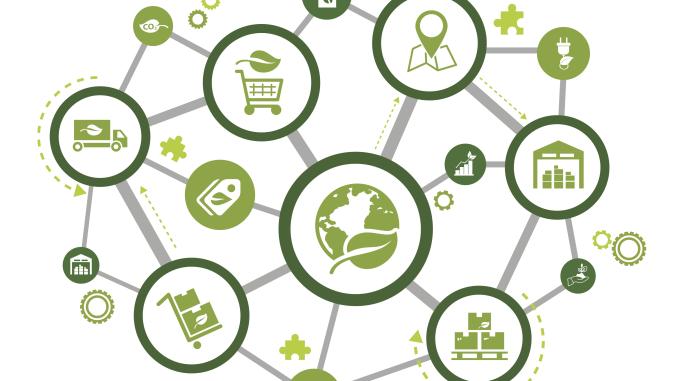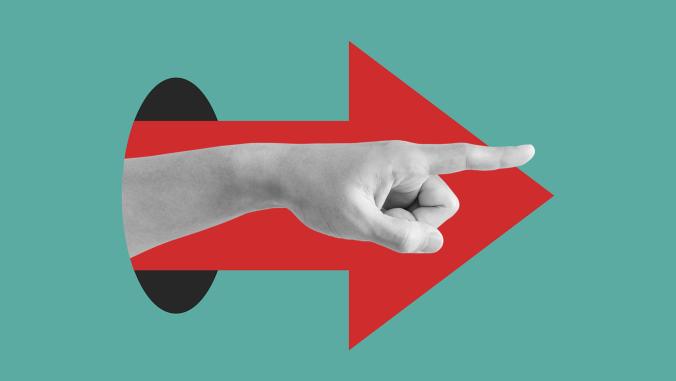Why your board should care about sustainable development
The United Nations-approved Sustainable Development Goals are a new challenge in the quest to truly integrate sustainability into corporate strategy.

Do corporate boards care about the Sustainable Development Goals? The answer is, of course, that it depends who you ask.
Awareness and interest in embracing the Sustainable Development Goals (SDGs) at the board level might be much more prevalent than mid-level managers think.
According to the newly released Global Opportunity Report 2016, 32 percent of CEOs surveyed were aware of the SDGs, and 23 percent say that they are fully aware and are planning a response.
However, CEOs are the frontrunners. Awareness levels and planning preparedness seems to decline down the management chain, with only 5 percent of mid-level management being fully aware and planning a response to the SDGs.

Much can be said about how surveys are conducted, but I’m not surprised by the findings of the Global Opportunity Report. It echoes my own discussions with several board members and CEOs. Although the above-mentioned survey was not directed at board members, it is often the case that a CEO also serves on one or more corporate boards.
Still, the data does show a huge need to translate the SDGs into business action and innovation if the Agenda 2030 intends to be more than just commitments and a set of great goals.
Perhaps it is because of this that U.N. Secretary General Ban Ki-moon in January called on the U.N. Global Compact (UNGC) to play a role with business in implementing the SDGs.
As the world's largest voluntary corporate sustainability initiative, based on CEO commitments from over 13,000 businesses and organizations, many UNGC companies were involved in the process of shaping and determining the targets for the SDGs.
If any organization should have a convening power, it must be the world’s largest CEO-backed responsibility initiative — and one already active in encouraging board actions through the U.N. Global Compact Board Program.
From awareness to action
Being aware of the 17 SDGs is not the same as knowing how to respond and embed sustainable thinking into business strategy and daily execution.
I have heard more times than I want to count that "17 goals are way too many."
My answer is often that companies I have worked with during my long career have many more than 17 strategic, financial, environmental, social, intellectual and innovation goals — and that the SDGs are not new goals, but a guideline for doing better business that hopefully can support or inspire innovation on social and environmental challenges.
Unilever global chairman Michael Treschow, whom I recently interviewed for a podcast, said, "It isn’t about ‘doing it all.'" According to Treschow, "these 17 Sustainable Development Goals address the most important economic, social, environmental and governance challenges of our time and include something for everyone."
It is essential, not only to companies but to the legacy of the leaders of today, that companies have a purpose beyond being profitable — a purpose that also will help achieve the 2030 sustainable development agenda and all or some of the 17 goals.
No doubt that the nature of oversight and license to operate for business has changed in the past years. Treschow called it "an evolutionary process," where more and more pressure related to sustainability has been put on boards of directors with new regulations and public call for greater transparency, accountability and better governance. (It is no secret that Unilever has chosen to embrace the process and has won much respect and a market advantage with its Sustainable Living Plan.)
With this in mind, it seems like a no-brainer that boards of directors should care and ensure that sustainability is integrated into the corporate strategy — as well as into the execution plan and incentive schemes.
Being a respected and trusted company is a moving target.
However, being a respected and trusted company is a moving target. What was an unthinkable responsibility 25 years ago can today put a board member behind bars. And it seems, as the late Interface chief Ray Anderson said in 1999, "in the future, people like me will go to jail," referring to the potential ramifications of "plundering of the earth."
Even though boards today are increasingly aware of the environmental and social impact their decisions are having — and that there are 8 times the number of non-financial disclosure regulations today than just two years ago — only 42 percent of the 2,500 global executives and managers asked by Sloan, BCG and UNGC in 2015 saw their boards even moderately engaged with the sustainability agenda.
This is a risk, not only for the companies and the board members themselves, but also to society and future generations to whom we leave the planet, without doubt, in a worse condition than when it was given to us by our parents.
Boards are the most powerful vehicles we have in the corporate world — and some will say in the entire world. Board members therefore need to live up to their responsibility and set a higher standard with which to help inspire their our own employees, customers and suppliers, as well as the society to buy into what Unilever calls "a Sustainable Living Plan" that respects planetary boundaries.
To accelerate the transformation from good to great, we need to be able to have boards everywhere understand the increasing amount of risks and opportunities — and start to take action. A second step would be to map the SDGs to the current strategic risks and opportunities and the integrate into the strategy, incentives and ongoing execution oversight.





